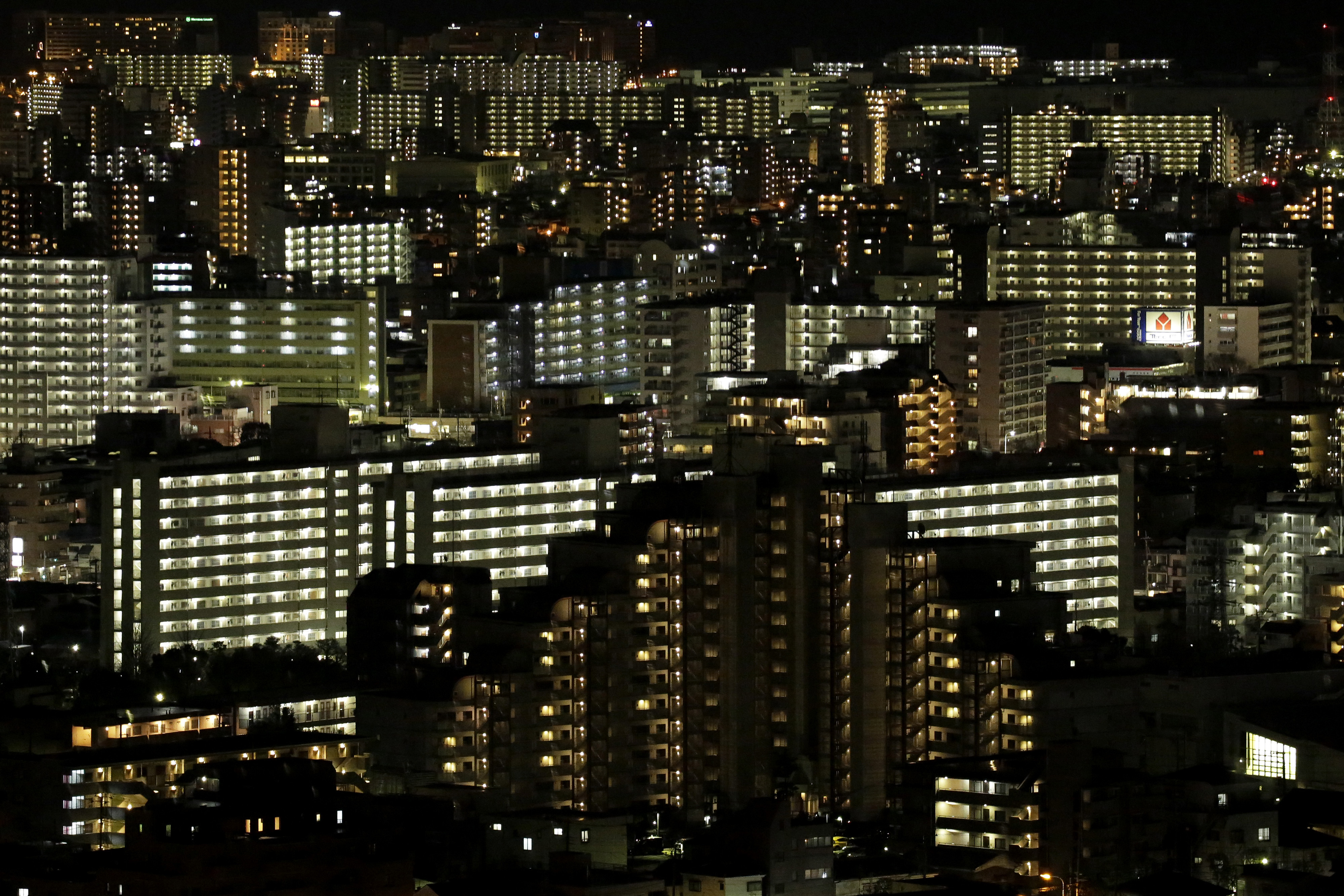Foreign media have been diligently covering Japan's rocky economic road to an uncertain future, but they seem to have missed the recent bankruptcy of Nihon Life Kyokai, a company that provides guarantor services. Though it's only one failure, the Japanese press has paid particularly close attention, treating it as a harbinger of a coming darkness.
Anyone who has rented an apartment in Japan knows about the guarantor (mimoto hoshōnin) system. In addition to deposits and fees, landlords demand tenants have someone who will guarantee to pay the rent if the tenant does not. Traditionally, this person is almost always a close relative, regardless of their financial situation, since legal ties between family members are outlined in the Civil Code. The guarantor system extends to other areas: Hospital and nursing care facilities usually require guarantors before they admit elderly patients, and not just for the sake of covering bills; a guarantor is needed to make decisions regarding care if the patient can't make them; beyond that, guarantors arrange for funerals and take care of the remains if the patient dies.
These matters were not a major concern in the past, because families took care of everything, but at present more than 6 million Japanese people over the age of 65 live alone and do not have close family, a number that is expected to increase to 7.6 million over the next 20 years. As a result, companies both public and private have sprung up to provide guarantor services to elderly people. In return for a sizable deposit, these "associations" not only act as guarantors to their "members" but also offer other services, such as transportation in the case of medical emergencies and basic caregiving.


















With your current subscription plan you can comment on stories. However, before writing your first comment, please create a display name in the Profile section of your subscriber account page.